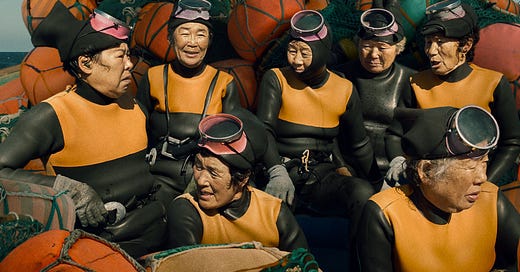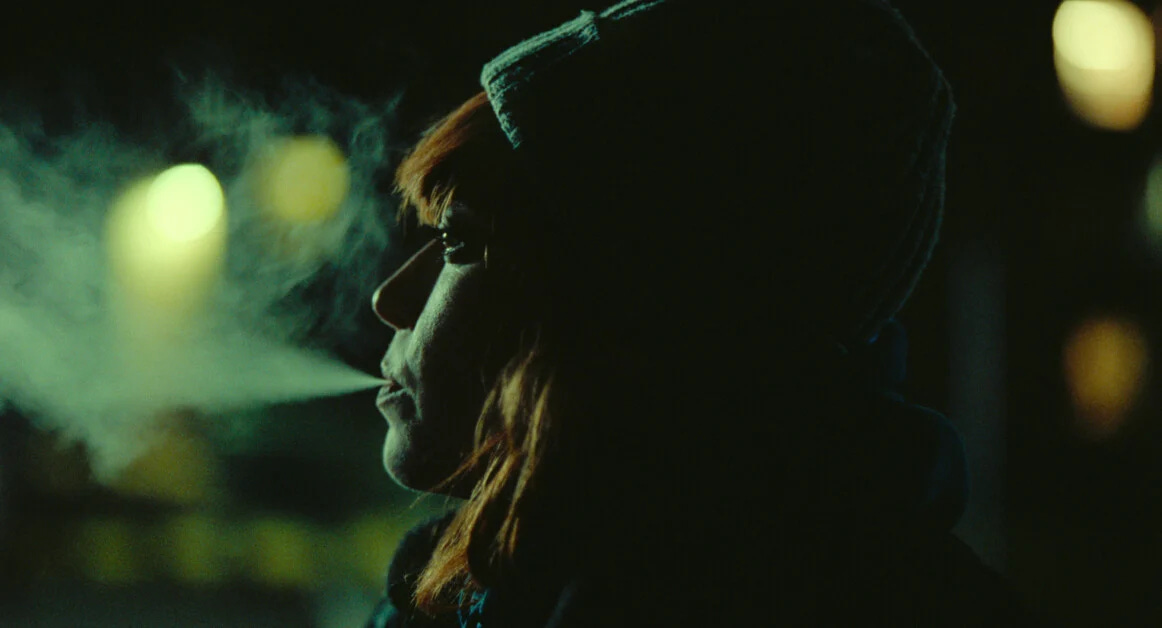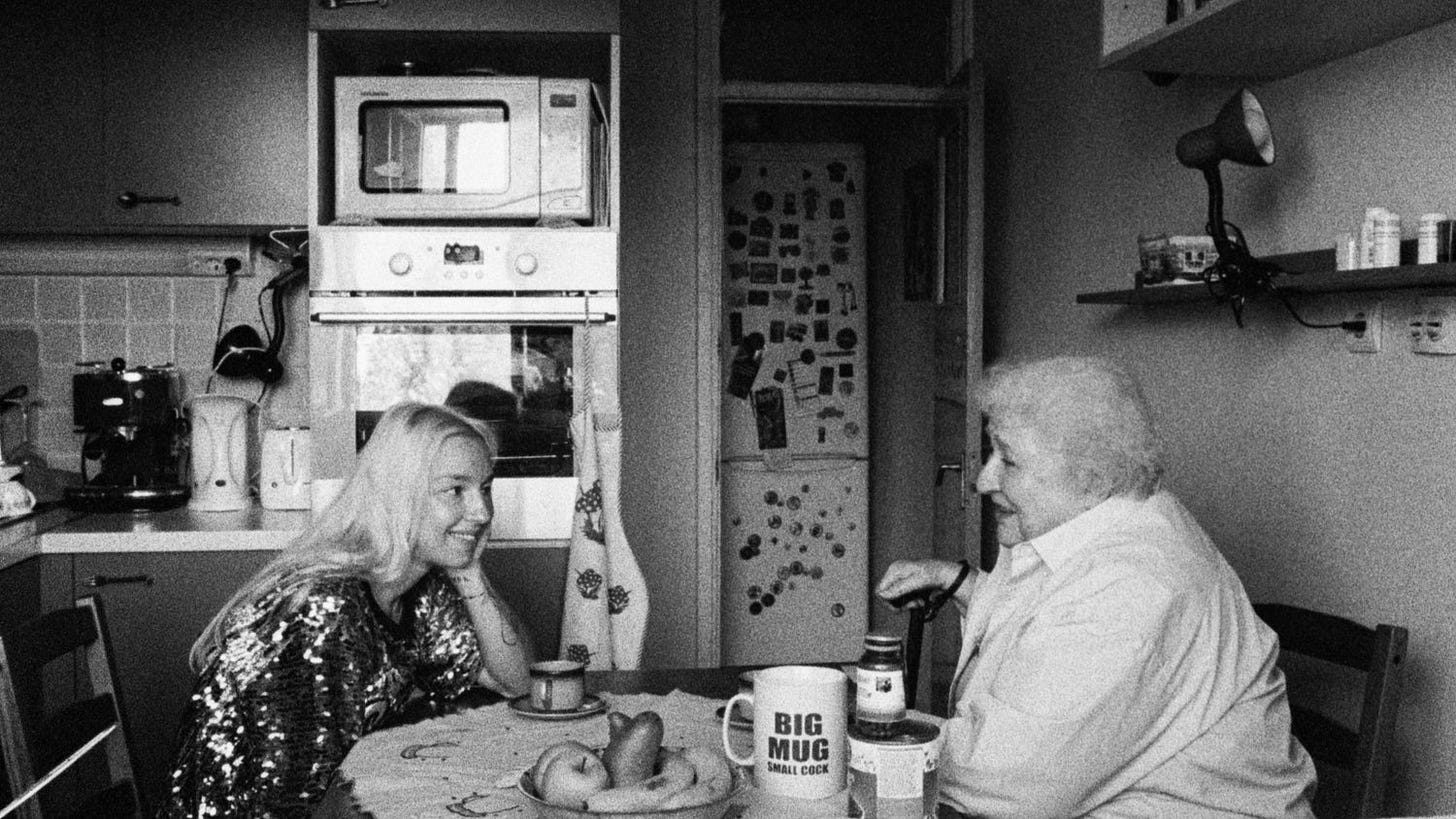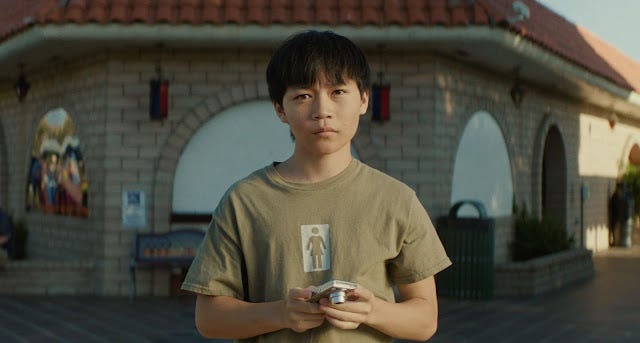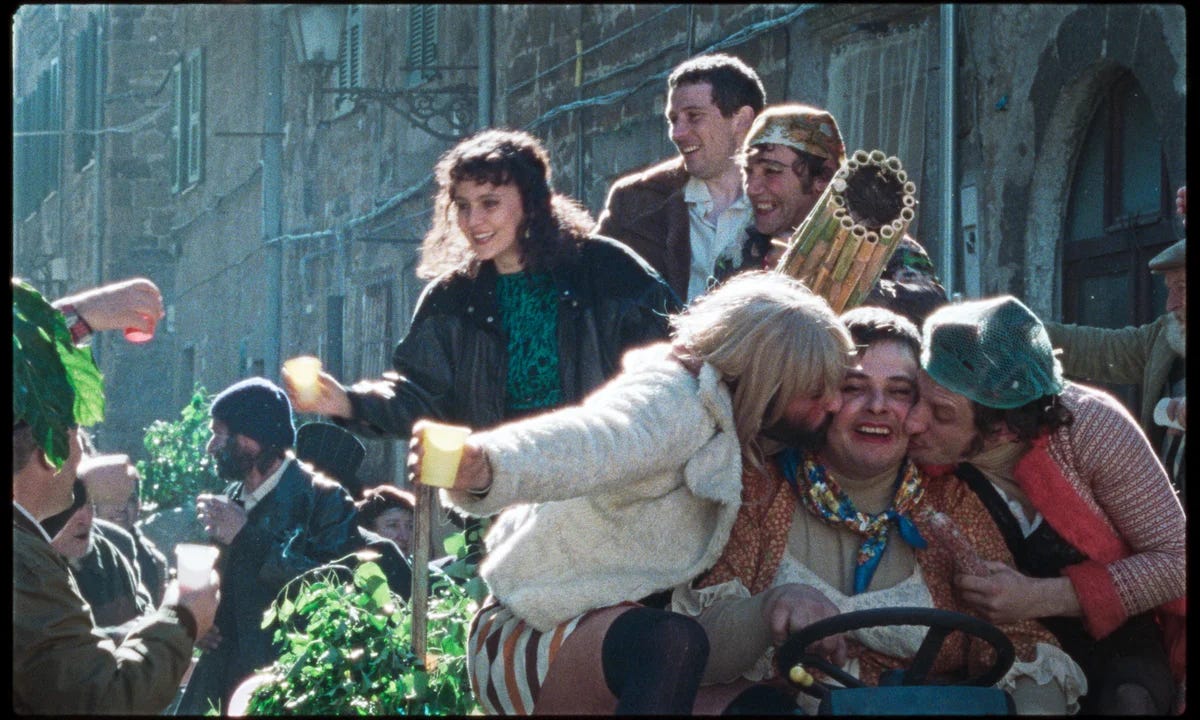Hi friends,
Not only has 2024 been quite a year for movies, it’s also been a hectic time in the filmmaking industry itself. From the ongoing economic strife inflicted on writers (even after the Writer’s Strike in October of 2023) to fluctuating concerns around movie-theater survivability, I’m intrigued to see the kinds of stories being told in these pivotal times.
Before I get into my top movies of 2024, I’d like to first express my frustration about the film distribution situation here in the Philippines. So far, there’s no word about whether The Brutalist, A Real Pain, and Nickel Boys will be screened here. I also missed All We Imagine As Light—a film that most of my favorite writers and critics claimed as their favorite of the year—when it screened a limited time during QCinema in 2023. Alas, I write my top 10 without having seen the aforementioned films.
Secondly, I’m no movie critic, nor do I claim any position of expertise in the world of cinema. I took one graduate school course on film, but the class mainly examined the industry from philosophical and spiritual angles. I approach film similarly, along with a deep love of storytelling.
Honorable Mentions:
Love Lies Bleeding
Monkey Man
Hit Man
Dune II
Juror #2
Favorite movies I saw for the first time this year, but were released in years past (with no particular order):
Suzume (2022)
Monster (2023)
Det sjunde inseglet (The Seventh Seal, 1957)
Annie Hall (1977)
Un beau matin (One Fine Morning, 2022)
Good Posture (2019)
High Fidelity (2000)
Godzilla Minus One (2023)
Whisper of the Heart (1995)
10. The Last of the Sea Women
The life force of this film was the attunement one can share with the ocean.
The Last of the Sea Women covered a lot of ground: from cultural values (the distinction between living in Jeju, South Korea v. the city), to being a woman sea harvester, and the urgency to fight nuclear pollution. Perhaps there were too many layers, but it helped to have the sea as its focal point.
I was stunned at how the film focused on the longterm and generational impact of sea harvesting. Whether it concerned climate-related issues, their friendships, or free-diving as a way of life, these women have an effortless way of seeing the bigger picture, which shines on non-western perspectives of time and heritage. It then succeeded in setting itself apart from North American ways of perceiving time: the demand for immediacy. Outcome-driven. Time as a resource and a scarce one.
This makes me wonder, as a free diver myself, if these formidable Korean fisherwomen’s expansive and communal views of time were, in any way, miraculously influenced by their relationship with the ocean. Either way, it’s gorgeous to witness.
9. Civil War
Perhaps similar to Wes Anderson’s The French Dispatch (2021), this too could be a love letter to journalists, but with more blood and anxiety. Alex Garland has a knack for this, but Civil War feels slightly different from what he’s done before.
Civil War is a simple yet pulsating and exhilarating story about a dystopian America. There’s plenty of talk around the film’s portrayal of journalistic ethics or that Garland didn’t spend much time linking the film to current political events. Even though it got a bit preachy at certain moments, Civil War was more matter-of-fact. And I typically indulge in this journalistic attempt to report more than to analyze (emphasis on attempt). Although the lack of commentary may ensue confusion about where the filmmakers stood politically, I don’t consider that to be an issue— no more than the attempt at journalistic neutrality.
And forgive me, but that forest-fire scene? Mesmerizing.
8. The Substance
There are certain movies where the discourse they stimulated was more enjoyable than the plot itself, making them an artifact of this cultural moment.
The Substance is extreme, sensorially amplified, and for me, always relevant. I do wonder whether the film makes its point in the telling. I felt viscerally bothered and caught or complicit in the very societal issues the film addresses.
It might be easy for me to say that it exposes the male gaze and how unambiguously problematic and objectifying it is; however, I believe that the visually intensified scenes of the ‘beautiful’ and the grotesque also exposed the gaze of those victimized by and engrossed in the same beauty standards that led to Elisabeth Sparkle’s heartbreaking fate (Demi Moore’s character, which by the way, she portrayed remarkably).
This film reminded me of the rare occasions horror or body-horror effectively question who the real monsters are in society— perhaps the monsters even within those directly harmed by standards of beauty and acceptance.
7. Evil Does Not Exist
Oh, how artful and astonishing this movie was. Just the mere memory of the light and landscapes give me a slow and deep sigh. But I hardly felt this way while watching the actual film. I was at the edge of my seat at least 85% of the time.
While I remain in awe of Ryusuke Hamaguchi’s masterful work, I am not sure if I understood Evil Does Not Exist enough. Ha. Was it about our diminished reverence for nature? Was it about capitalist, climate-destroying greed in the form of glamping? I got some clarity after reading Phoebe Chen’s review on The Nation:
Hamaguchi urges us to notice the frame itself, implicating the very apparatus of the camera and narrative cinema in a striking critique of our perceptual habits and their material stakes. Evil Does Not Exist wants us to miss the forest for the trees, pulling our gaze through the messy entanglements of human, machine, and nature that make up planetary existence and determine our place in its future.
If that’s the case, the film invites us to critically reflect on the Anthropocene or the scope of environmental damage caused by human folly. But (a mild spoiler ahead) it is with Hana—the little girl whose sporadic appearances seemed to startle audiences more than her expected absence—and her curiosity, presence, and quiet interactions with the earth that invited an alternative or additional approach to climate intervention.
6. His Three Daughters
The majority of His Three Daughters was filmed in a small apartment in New York City. Even then, the drama, humor, and rich character backstories—carried out by stellar acting—gave this corner a world of its own.
There are a number of movies that make spectacles out of death-in-family dramas, where big secrets were unveiled or major character developments happened in a span of days (e.g., This Is Where I Leave You, Elizabethtown, Good Grief, Catch and Release, etc.) His Three Daughters seemed closer to reality-based sibling dynamics (mediating, blaming, stonewalling, etc.), and that can be challenging to watch.
I find the film’s relatability so potent, that it made me uncomfortable seeing grief unfold in the tensions between sisters. Because of that, some moments felt more tense than it ought to. But maybe that’s what mortality and limbo do to you. Every family matter, no matter the scale, becomes extra aggravating, and the sibling who responds to grief unconventionally becomes the easiest target.
In this movie, you wait anxiously with the characters.. these three daughters. With tears and laughter, you join them as they waited for a death they want and don’t want.
All actors were exquisite, but for me, Natasha Lyonne was the film’s triumph.
5. Anora
Electrifying. Praise to Sean Baker, Mikey Madison, Mark Eydelshteyn, Robin Schulz’s remix of ‘Greatest Day’ by Take Back, and that thrilling montage in Vegas.
Instead of exploring the depths of this film, I’m linking you to an analysis of Anora written by a stripper and an article where two sex workers with varying opinions were interviewed:
Does ‘Anora’ get the world of sex work right? by Lily Burana on the Rolling Stone
“What happened at the end of 'Anora'?” on Mashable Southeast Asia
4. Do Not Expect Too Much from the End of the World
This film did not hold back. Without being too dramatic in presentation, Do Not Expect Too Much from the End of the World walks us through the dangers and exploitation that workers in modern-day Romania endure. In Godardian style, there was no need for grandiosity to show an alarming lack of corporate accountability in the name of profit.
The film had a considerable amount of vulgarity, yet I was not as appalled by it as I was with the familiar cruelty and prevalent desensitization companies have towards their workforce— treating workers as disposable machinery and hiding behind polite scripts and half-assed promises. You’ll hear an abundance of satire and obscenity come out of the main subject’s mouth, yet these seemed like appropriate responses to the hypocrisy and banality of the powerful.
I do hope more people watch this film. Unless they have an affinity for the French New Wave movement, I reckon not many will. But please try. If you do, prepare for the eclectic, the absurd, and the fury.
3. Dìdi
It did my heart good to feel nostalgic about the incomparable fun and discomforts of being a kid in 2008– a time when social media, instant messaging, and YouTube were emerging, as did the growing loneliness and isolation of the digital age.
What was so special about Dìdi was its subjective particularities— the everyday details in Dìdi’s story and personhood that not only resonate, but also validate (the more specific, the more universal): online usernames we once thought were cool, FB-stalking our crush and pretending to like the same stuff they do, being assigned a nickname at home, and the absentee parent.
Out of all the coming-of-age films I’ve seen, Dìdi might earn first place in my heart for its originality and warmth.
2. Conclave
Conclave was visually and audibly gratifying. What a sound design. Acting was superb, and Isabella Rossellini was exquisite as ever.
I generally have little interest watching films about organized religion or faith traditions (even though I had a theology degree in both undergrad and grad school), but to witness a papacy reckon with itself felt cathartic.
The catharsis comes from seeing religious authority figures—who are supposedly untouchable and set apart from the rest of us—unmake themselves by their own ambitions, resentments, and secrets. And watching Ralph Fiennes run around and try to hold things together was oddly endearing.
1. La Chimera
La Chimera is like Eros in cinematic mischief and melancholic wayfinding. I find it hard to explain how much I adored this film. All I have in me is awe— in awe of the mysteries that gradually unfolded in the film, as well as all that remained necessarily mysterious.

